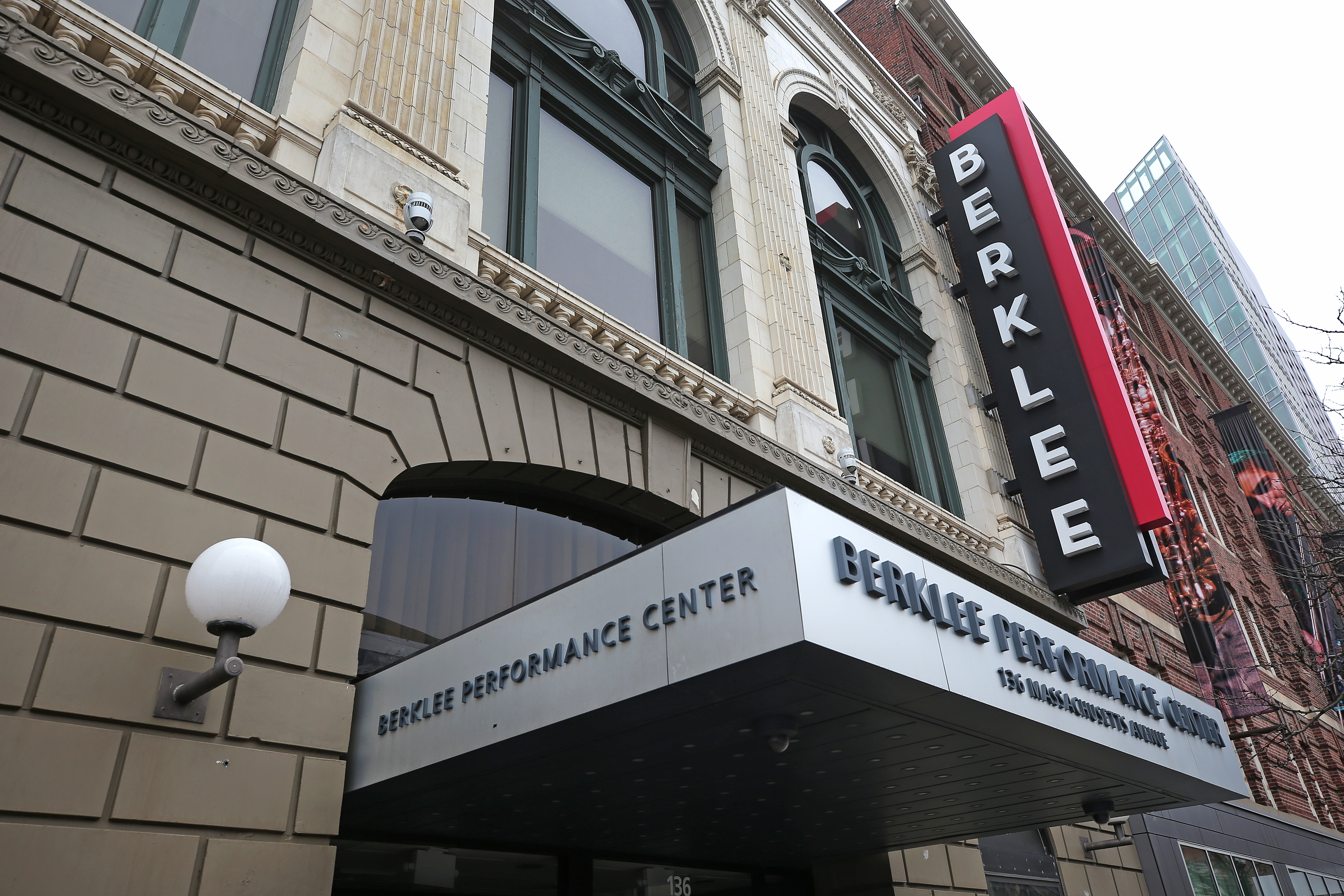Gov. Maura Healey said Thursday that she's focused on the "evolving situation" at Steward Health Care, the for-profit chain that runs nine hospitals in Massachusetts, with the goal of ensuring stability in the state's health care system.
"Our first job is to protect patients and to protect access to health care, and also to protect and stabilize our health care system," Healey told reporters following an event in Newton. "I mean, that is what we're focused on. [Health and Human] Secretary [Kate] Walsh and her team and our administration remain in close communication with all involved in this. It's an evolving situation. But our job is to protect patients and access to care as well as the stability of the health care system."
On Tuesday, members of the Massachusetts Congressional delegation wrote a letter to Dallas-based Steward CEO Ralph de la Torre to remind him of significant impacts on patients if any of Steward's hospitals were to close in Massachusetts. Steward operates Carney Hospital in Dorchester, Good Samaritan Medical Center in Brockton, Holy Family Hospital in Haverhill and Methuen, Morton Hospital in Taunton, Nashoba Valley Medical Center in Ayer, New England Sinai Hospital, Norwood Hospital (closed and undergoing construction following a serious flood), Saint Anne's Hospital in Fall River, and St. Elizabeth's Medical Center in Brighton. The company employs more than 16,000 nurses, doctors and other health care workers in Massachusetts, according to the delegation.
In the letter, the delegation cited a Jan. 19 Boston Globe report indicating Steward is in "grave financial distress," the company's plans to close New England Sinai Hospital, a Jan. 4 Medical Properties Trust report regarding unmet rent and loan payments, and federal charges that Steward St. Elizabeth's Medical Center, Steward Medical Group, and Steward Health Care System violated the False Claims Act.
Get Boston local news, weather forecasts, lifestyle and entertainment stories to your inbox. Sign up for NBC Boston’s newsletters.
Hospital systems across Massachusetts are strained due to a mix of patient demand, workforce constraints and funding challenges, and lawmakers across the state are watching the Steward situation, with an eye on impacts in their districts and possible interventions.
On Jan. 9, Secretary Walsh outlined an agreement among hospitals, nursing homes, insurers and state regulators under which they are voluntarily and temporarily adapting operations in an attempt to ease patient capacity crunches.
A real estate investment trust, Medical Properties Trust this month cited delayed and partial Steward rent payments and said it has been informed by the company that Steward's "liquidity has been negatively impacted by significant changes to vendors' payment terms."
MPT said its team worked closely with Steward, which operates 33 community hospitals across nine states, to develop an action plan "which, if successful, is designed to strengthen Steward’s liquidity and restore its balance sheet, optimize MPT’s ability to recover unpaid rent, and ultimately reduce MPT's exposure to Steward."
As part of the action plan, MPT said, Steward is pursuing "several strategic transactions, including the potential sale or re-tenanting of certain hospital operations as well as the divestiture of non-core operations."
The company is also committed to seeking a capital partner for its managed care business, with proceeds to be used in part to repay outstanding obligations to MPT, and Steward has also "intensified measures to improve collections and overall governance, including establishment of a transformation committee comprised of newly appointed independent directors and submission of periodic cash activity and asset sale progress reports to MPT and its ABL lenders," MPT said.
The delegation requested a financial briefing from Steward; a Steward official did not respond when asked if the briefing would occur.
In Newton, a reporter asked Healey about possible roles for the state's two biggest hospital groups, Mass General Brigham and Beth Israel Lahey Health.
"We haven't seen a plan yet from Steward in terms of what they're proposing to do, so I'm not going to comment until we see a plan, but know that it's something we're watching very closely," Healey said.
In 2010, after a five-month review of the proposed transaction between Steward and the faith-based Caritas health care system, Attorney General Martha Coakley endorsed the proposed transfer, with conditions, of non-profit hospitals in Brighton, Brockton, Dorchester, Methuen, Norwood and Fall River to Steward for $495 million.
In a report filed at the time by Coakley, the attorney general's office concluded: "While there are risks to the public intrinsic in any change of control, including a non-profit to for-profit conversion, those risks are outweighed by the previously described risks of not undertaking the transaction. Moreover, and with the additional protections and transparency obtained by the Attorney General, the benefits of maintaining the system as a system, avoiding Caritas Hospital closures, funding the pension liabilities, satisfying the debt, and beginning the process of addressing the deferred capital needs of Caritas are clear and compelling."



